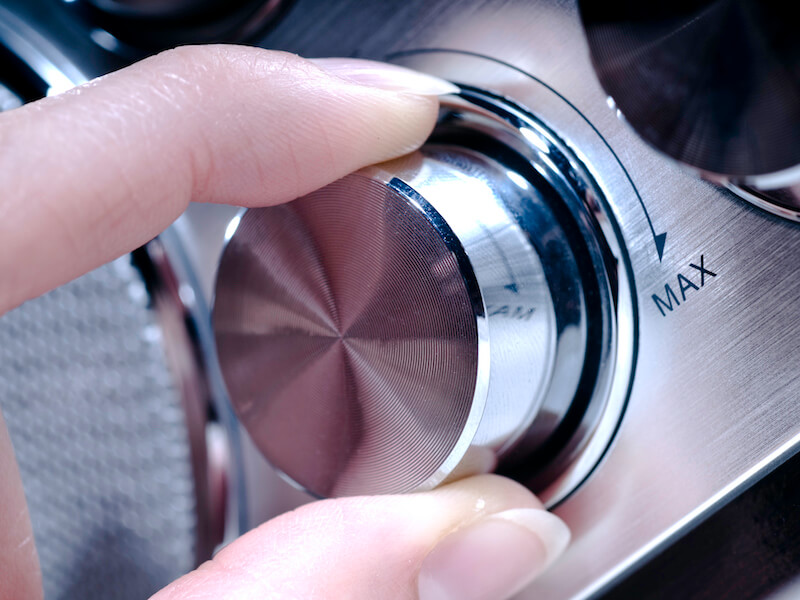
Knowing when you require some medical advice is usually pretty easy. You know you need to go see a doctor immediately if you break a bone, for instance. You may need a splint or a cast or supportive device, but the thing is that you’re unlikely to try “toughing it out”. At least, not for that long (especially if you want your bones to mend themselves correctly).
It’s not always that obvious with regard to hearing aids, though. Hearing loss is usually a progressive condition. That means it’s not always easy to know when you might need to start wearing hearing aids or to delay finding treatment you know could be beneficial.
That’s why it’s a good plan to watch out for some specific indicators that you may be losing your ability to communicate. If you detect any, it might be time to talk to us about your first pair of hearing aids.
Hearing aids and hearing loss
Hearing aids are the main form of treatment for hearing loss. But that doesn’t mean everyone who has hearing loss will instantly need a set of hearing aids. In situations where patients have very minor hearing loss, hearing aids won’t always be helpful. As a result, we might want you to wait before starting to use them. It’s also feasible that we could instruct you to only use your hearing aids when you’re in particular situations.
This means that just because you’re diagnosed with hearing loss doesn’t mean you will automatically require hearing aids.
However, hearing aids will be the ideal option in many circumstances. Many people won’t get their hearing loss diagnosed until it becomes more severe because hearing loss progresses slowly and often goes unnoticed for a while. Getting your hearing examined regularly is the key to catching hearing loss early and possibly mitigating the need for hearing aids.
And if that’s the case, you’re probably thinking: how can I tell if I require hearing aids?
Signs you need a hearing aid
Instant communication issues can be the result of hearing loss. But a lot of times you don’t even recognize that hearing loss is the reason for those communication problems. So, at what stage will a hearing aid help?
Here are a few of the typical signs you should watch out for:
- Phone conversations sound muddled: Even the best phone speakers have a habit of flattening a voice. That can make it tough to understand, especially if you have hearing loss. Again, particular frequencies are missing and the outcome is that it’s extremely hard to hear those voices.
- You listen to the radio or TV at high levels: Hearing loss could be the cause if you continually need to turn the volume of your devices up. This is especially true if you keep turning that volume knob higher (and even more especially relevant if the people around you complain about how loud your media is).
- When people speak, you can’t always understand what they said: Many individuals feel like the total volume of life is fine so they never imagine that they may have hearing loss. But the thing about hearing loss is that specific frequencies of sound tend to go before others. Because of this, things like vowel sounds in the higher pitches can sound distorted. Consequently, you might have a difficult time understanding what people are saying to you.
- You have a difficult time following conversations in noisy places: This is probably one of the most prevailing symptoms of hearing loss. One of the surest signs of hearing loss is that you have trouble following conversations in noisy locations, like bars or restaurants. That’s because your brain has trouble filling in the missing information that gets lost with hearing impairment. As a result, there’s a lot of muddled conversations.
So how should you deal with it?
Obviously, you know precisely what you need to do when you break a bone! But what about when you detect these indications that you may need a hearing aid? How severe does hearing loss have to be to call for a hearing aid? Well, that’s difficult to answer, but when you start detecting these signs, it’s a good idea to schedule an appointment with us. We’ll be able to assess the health of your hearing and find out just how serious your hearing loss may or may not be.
A hearing screening will also help you get the optimal hearing aids for your needs if you do indeed need hearing aids. Then you will be able to get back to enjoying good conversations with your friends and family members and doing the things you love.
Call us for a hearing exam so we can help you improve your quality of life.